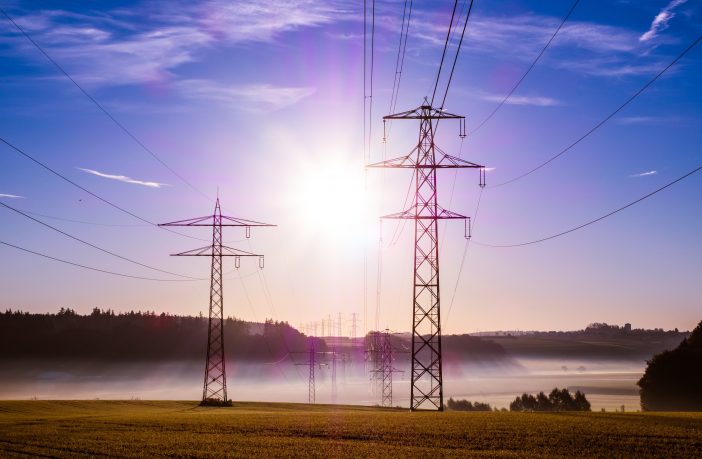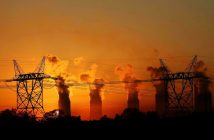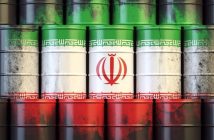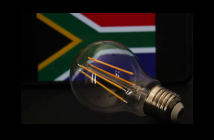- The SAPP Plan is set to benefit the wider regional economy by scaling-up cross-border energy trade and substantially reducing the cost of power supply in the region.
- Renewables (and, specifically, hydro) and gas generation will fulfil a substantially increased component of overall generation capacity in the region.
- The new plan also aims to leverage the regional energy resources to increase access, reduce load shedding, and provide an improved quality of service in the region.
Representatives from financial institutions, governments, regulatory bodies, developers and power utilities participated in a workshop to discuss the recently adopted Southern African Power Pool (SAPP) Plan. The Pool Plan is set to benefit the wider regional economy by scaling-up cross-border energy trade and substantially reducing the cost of power supply in the region.
The plan also leverages the complementarity of diverse regional energy resources to increase access, reduce load shedding, and provide an improved quality of service in the region.
Finalised in 2017 for the current period until 2040, the Pool Plan is intended to identify a core set of generation and transmission investments of regional significance that can provide adequate electricity supply to the region efficiently, economically and in a socially and environmentally sustainable manner.
Alex Kadiayi, SAPP management committee chair said: “Nine out of twelve SAPP member countries are currently connected while the remaining SAPP states, including Angola, Malawi, and Tanzania, are geared to be interconnected by 2021. This is good news for SAPP and for electricity consumers in Southern Africa.”
In a bid to foster deeper regional integration, SAPP has utilised optimisation planning software to derive the least cost generation and transmission investment sequencing. The plan anticipates, among other benefits in the electricity sector, that renewables (and, specifically, hydro) and gas generation will fulfil a substantially increased component of overall generation capacity in the region.
“We now record wind power at 4% and solar energy as 3% of the supply and welcome utilities and the private sector to collectively drive the agenda to generate cleaner power for our people,” said Stephen Dihwa, SAPP coordination centre manager.
“Having a power pool plan in place is critical as it enables overall coordination of efforts and allows the synchronised scheduling of all regional projects and it is important that the different governments harmonise in order to fast track these transformative projects,” concluded Ernest Mkhonta, general manager, research & development, eSwatini Electrical Company, during the panel discussion.
Speaking on the methodology adopted in developing the Pool Plan, Peter Robinson, of Economic Consulting Associates (UK), said: “Regional integration makes a lot of economic sense in the SADC region. In a complete regional integration scenario that we examined, results show it is possible to have an overall savings of more than $42 billion in investment and O&M costs for the SAPP member states.”
Going forward, the SAPP has committed resources to continue updating the planning assumptions in the Pool Plan to ensure it reflects the rapidly changing regional environment and technological advances in the energy sector.
Author: GBA News Desk/ESI Africa Guest Reporter
This article was originally published on ESI Africa and is republished with permission with minor editorial changes.











